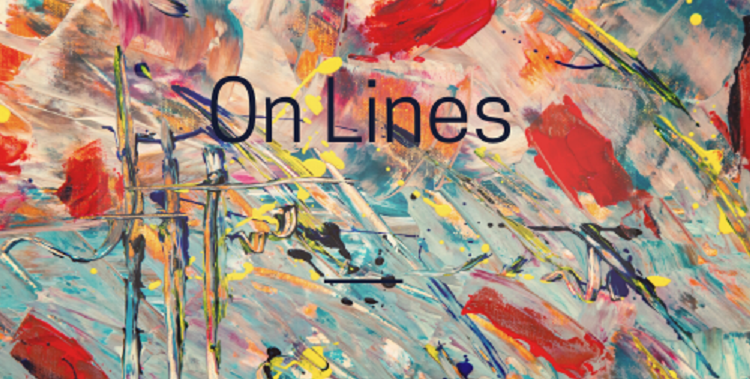Albus McInerney edits a literary magazine.
Our Poetry Party
Kim proposed that we organize a Zoom reading.
I’m obliged to admit that I responded with a soupçon of misgiving.
Not so, Marianne. ‘It will be a global event! We can divide it into sections – Poems of Resistance! Poems of Exploitation! Poems of Engagement!’
‘You’ve already given this some thought?’ I asked.
‘It isn’t rocket science!’ Marianne said. ‘It’s what we are already doing – but with a different platform!’ I noticed she was speaking in exclamation points.
And, she is right, of course. Zoom and other devices of relatively recent vogue lend themselves to performance – plays and concerts and all kinds of entertainment – so, why not poetry?
Perhaps it’s the word ‘performance’ that I had difficulty with. Poetry is cerebral, contemplative – isn’t it?
‘And we can have a competition!’ Kim said, adopting Marianne’s exclamatory manner. ‘We can have prizes!’
‘Prizes!’ My misgivings multiplied.
‘A poetry slam!’ Marianne said. ‘A global poetry slam! Why not prizes?’
‘But . . .’ I began.
‘A bit of a departure from our regular beat?’ Dimitri said. He has a cooler head than me, but he is often just as sceptical about things that are new and disconcerting.
‘Would the performers submit their work in advance,’ Patrice asked, ‘so that we can check the suitability of the poems they propose to read?’
I wondered if Patrice was showing an untoward though entirely understandable reaction to Hongkong’s new security law. In other matters – free metre and the imaginative deployment of sprung rhythm, for example – he is all for radical departures.
‘Albus?’ Kim asked.
‘It’s an interesting idea,’ I said.
‘That’s what you say when you think something’s a terrible idea,’ Dimitri said. This was true.
‘We don’t have to call it a poetry “slam”,’ Marianne said. I believe she may have identified the snobbery that fuelled at least a part of my scepticism.
‘It would certainly suit the current circumstances,’ Patrice acknowledged, ‘and it is a logical extension of what we’re already doing. It would be an opportunity for new voices to be heard.’
‘As long as we know in advance what the “performers” are going to say?’ I suggested, no doubt a little snidely.
‘No,’ Patrice replied firmly. ‘I erred on the side of timidity there. If it’s to have resonance, poetry cannot be muzzled!’ Despots ought undoubtedly to tremble in the face of statements such as this. I could see that Patrice was coming round to Kim’s idea.
‘What about practicalities? Logistics?’ I asked, taking refuge, I am ashamed to say, in the sort of territory where spurious objections live. ‘Do we even know how to organize an online poetry event?’
‘Well, we do publish an online poetry magazine,’ Dimitri pointed out with rather magisterial simplicity. ‘We should be able to manage a virtual reading.’
‘We’ll put out the word on social media and publish the link,’ (I’ve noticed that since she sold the film option for her verse epic about nineteenth century transpacific migration, Kim has become something of a dab hand at the jargon of today) ‘and if more than fifty people log on, we’ll have a smash hit! Fewer than that would come to a real event. I have some students who can set up the Zoom meeting. I’ll ask them.’
And so, On Lines is going even further online. Our first Global Poetry Party will not be competitive – no prizes. It will be open to all. And there will be no vetting, so we may get into trouble (if we’re lucky).
As I consider these things, it occurs to me that this project, about which I was initially lukewarm, is a celebration of the free and expressive creativity that makes poetry matter. I’m a little sheepish that I had to be persuaded in the first place. In this respect at least, the exercise seems to have blown away some artistic cobwebs. Another unexpected dividend in the age of Zoom.
